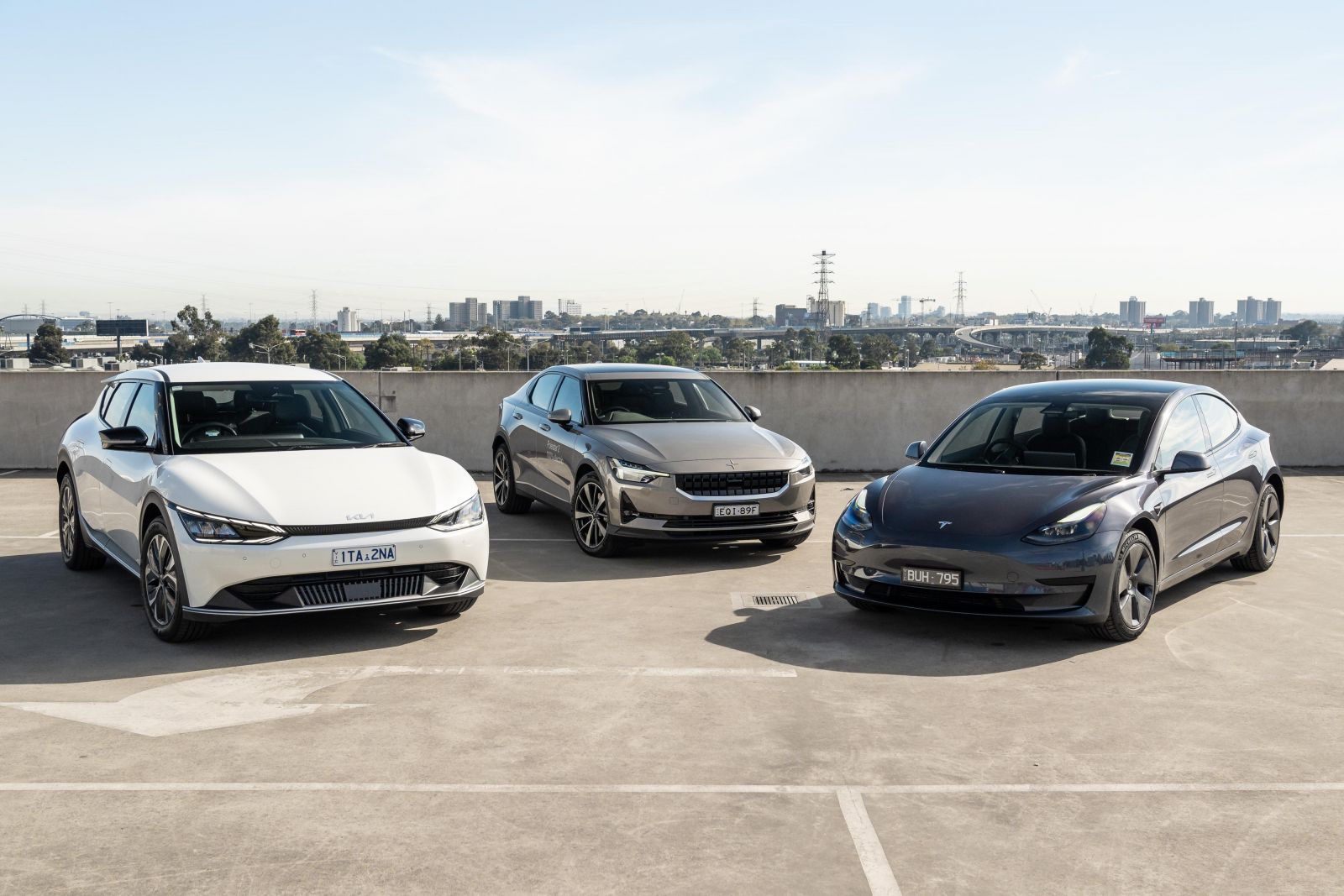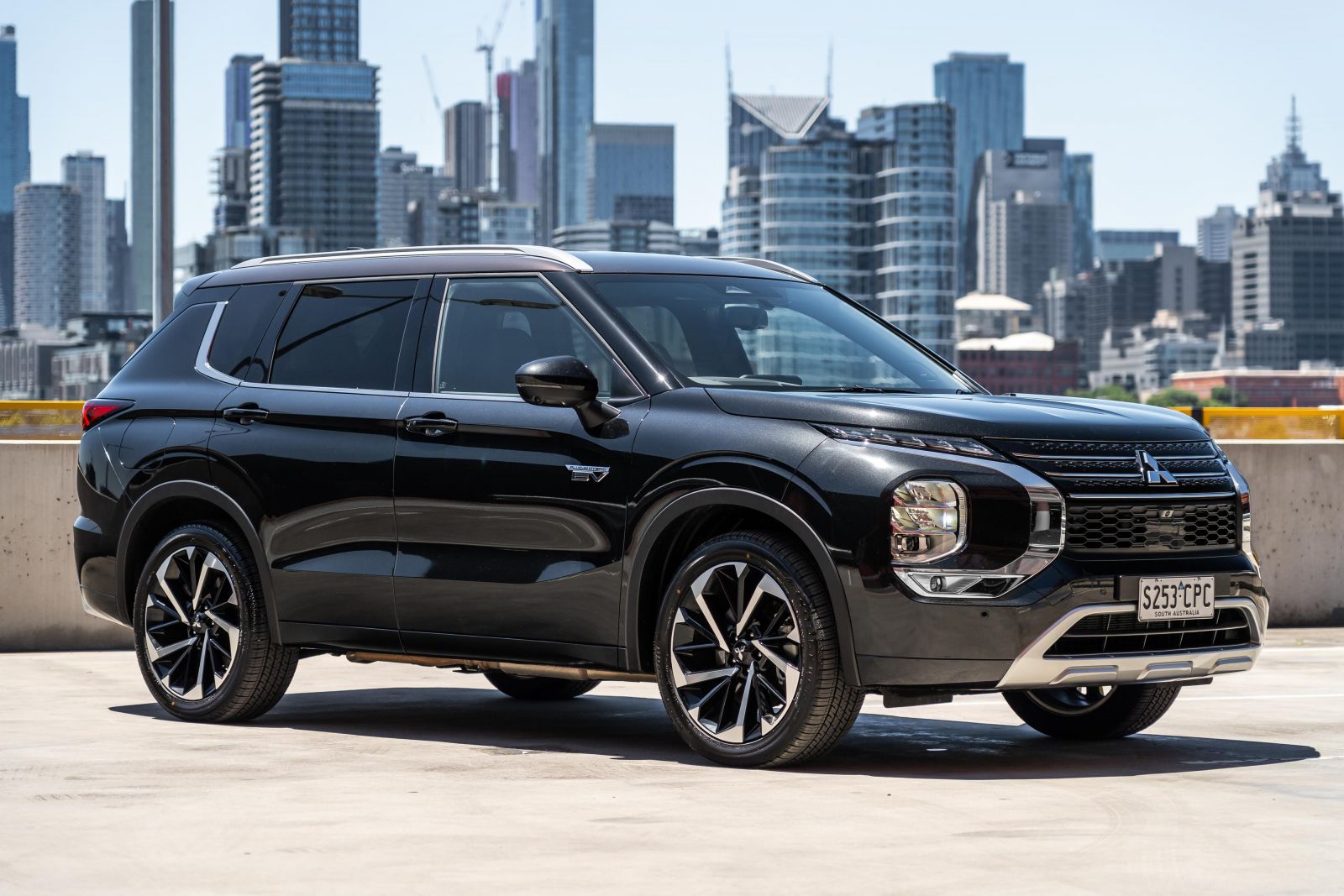Forget to submit your EV’s odometer reading in Victoria on time? You could be driving around on expired registration.
AAPNews reports more than 240 Victorian drivers have had their vehicle registration cancelled for failing to pay the controversial Zero and Low-Emission Vehicle Distance-based Charge, with one owner telling the news agency their registration was cancelled without their knowledge.
Under the Zero and Low Emission Vehicle Distance-based Charge Act (2021), drivers of electric and plug-in hybrid vehicles must submit a photo of their car’s odometer annually to determine how much of a charge they have to pay.
The charge was introduced to help compensate for the loss of fuel levy revenue as EV and PHEV sales increased.
“Registered operators” have 14 days from the date of request to provide their odometer reading. Failure to pay sees registrations suspended after 56 days and cancelled after 78 days.
“Less than one per cent of ZLEV-registered operators have had their registration cancelled from non-declaration of odometer readings,” VicRoads Registration and Licensing Services chief operations officer Michael Hooper told AAPNews.
The charge is 2.6 cents per kilometre for battery and hydrogen fuel-cell electric vehicles, and 2.1 cents per kilometre for PHEVs. The latter are still subject to the federal fuel excise, leading to complaints the Victorian Government was “double-dipping”.
The legislation has also been criticised by automakers, environment groups, rideshare firms and charging infrastructure providers for hindering uptake of EVs and PHEVs.
Before it became law, 25 such organisations – including Hyundai, Volkswagen, Uber and Tritium – penned an open letter calling it “the worst EV policy in the world”.
It has also come under fire from the Federal Government, which filed an intervention in the High Court last year to support two Victorian motorists in their suit against the Victorian Government. The High Court challenge is ongoing.
The Federal Government has previously said there are “potential implications for longstanding constitutional principles in relation to revenue and economic policy” and that “the Commonwealth government would like to work with Victoria, and with the other states and territories, on policy relating to electric vehicles”.
The plaintiffs in the High Court challenge argue the State Government is charging an excise, which under Section 90 of the Constitution is the exclusive power of the Commonwealth Parliament.
The legal action not only challenges the validity of this particular Victorian Act, but also the rights of states to levy other road taxes and charges and calls into question the rights of jurisdictions to collect billions of dollars of revenue from motorists.
New South Wales and Western Australia delayed their road user charge start dates to 2027, while the newly elected South Australian Government fulfilled an election promise to repeal the state’s road user charge.
South Australian Government’s Motor Vehicles (Electric Vehicle Levy) Amendment Repeal bill was passed last month.
The increasing uptake of electric vehicles and the various state governments’ introduction of road user charges threatens to remove a significant funding source of the Australian Government.
Fuel excise revenue, which is collected by the federal government, has been declining over the years as Australians have switched to more fuel-efficient vehicles, and this year it will collect considerably less.



